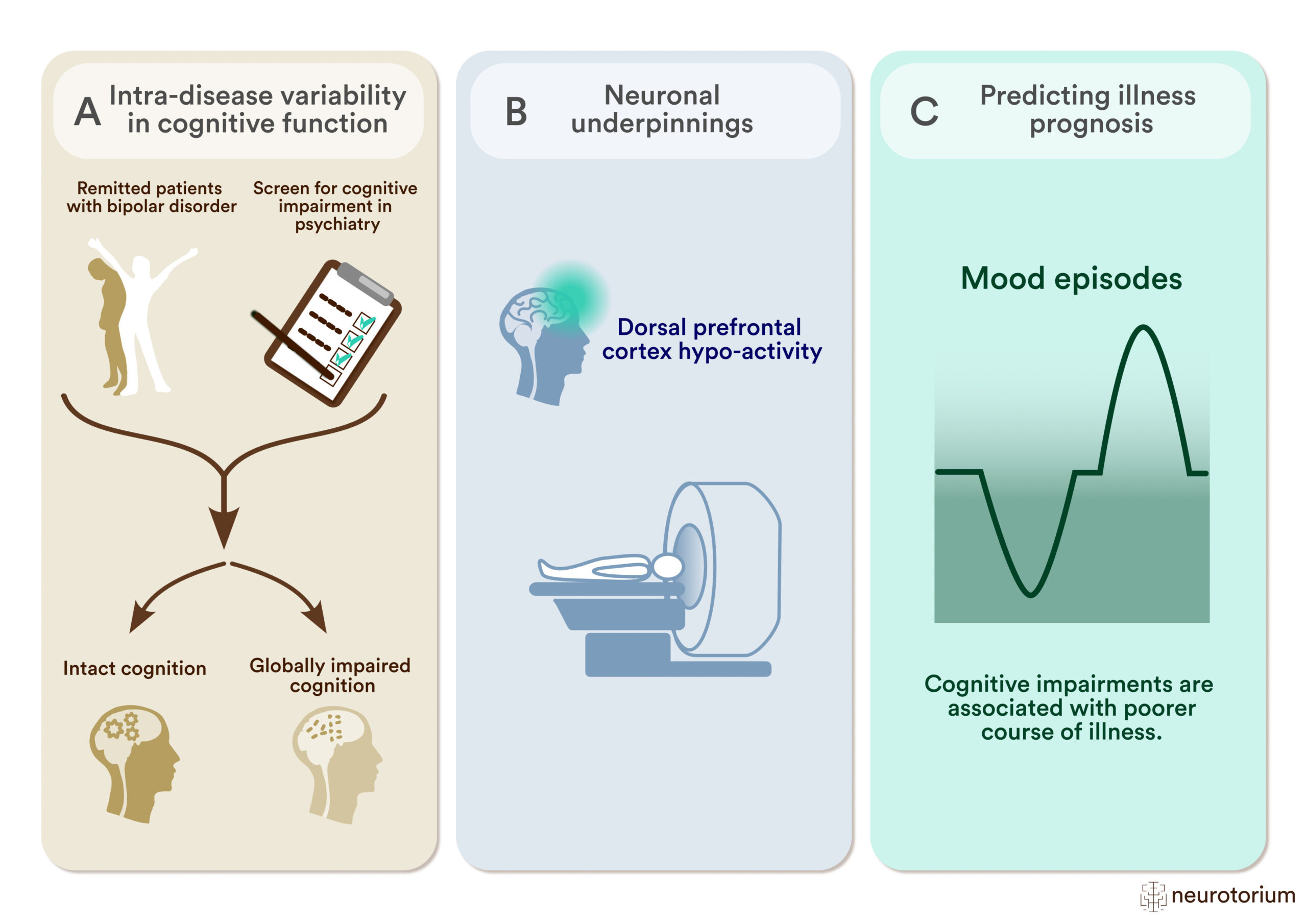In this video, Professor Christoph Correll discusses the complexities of bipolar disorder, shedding light on the real-world challenges in treatment, the critical role of clinicians, and the necessity of patient-centric approaches in psychiatry.
Professor Correll emphasizes the urgent need for more refined treatment options and highlights the importance of tailoring care to an individual’s needs and using measurement-based care.





